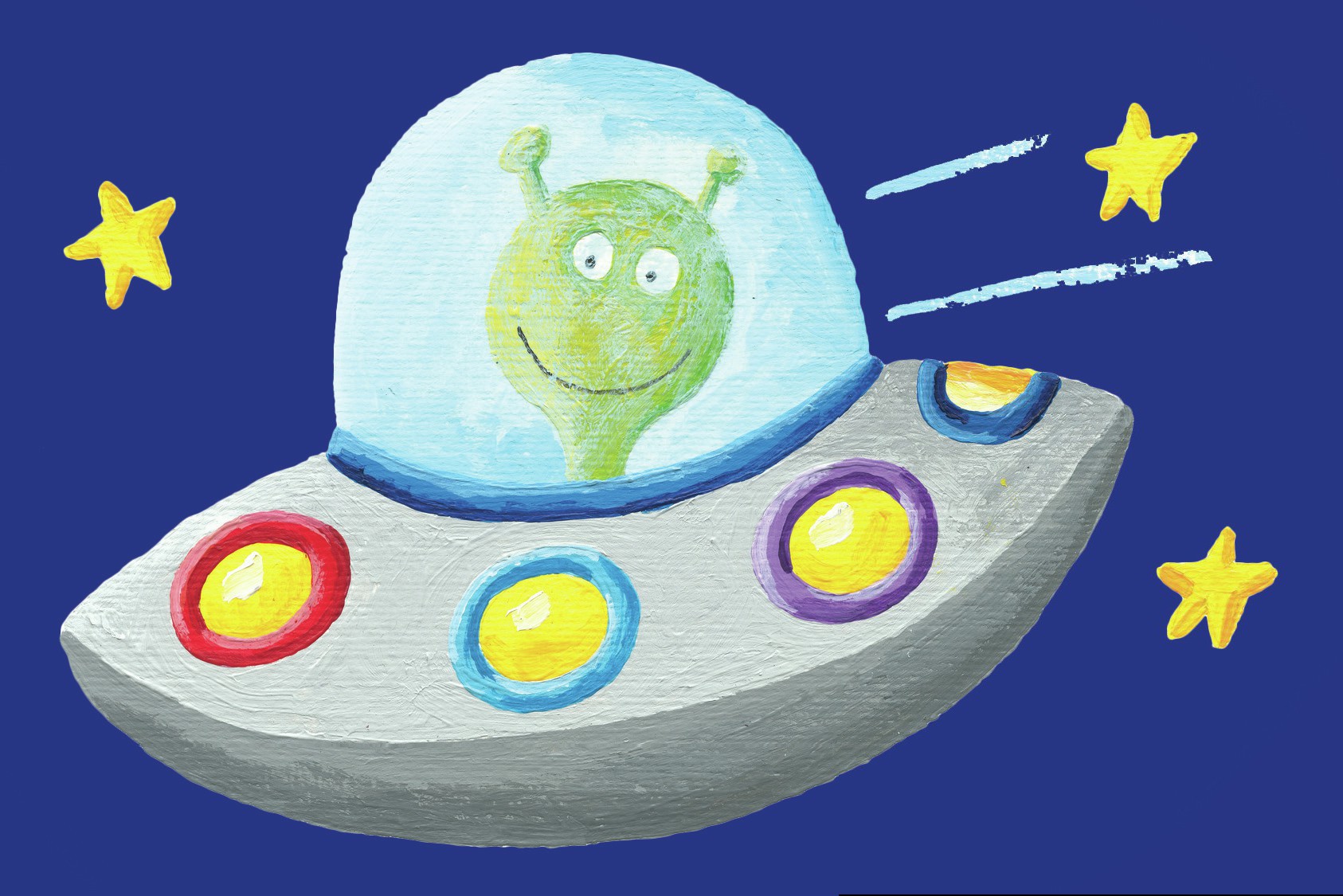
As a psychology student, you can reap the benefits of studying psychological research into memory by applying it to your own learning. For example, you know that passive revision is not as effective as active engagement with the material you need to learn. So you should be busily chunking, organising, using imagery and mnemonics and drawing mind maps while you revise.
You may also be familiar with the work of Craik and Lockhart (1972) and Craik and Tulving (1975), cited in Craik (2002). They found that more effortful processing of material to be remembered led to better retention. In these studies, participants were given a set of words to be recalled later. One group was asked to use shallow processing, by identifying the case in which the words were written. A second group was asked to use deeper processing, by attending to the sound or meaning of the words. This deeper processing led to better retention of the words.
Your organisation does not have access to this article.
Sign up today to give your students the edge they need to achieve their best grades with subject expertise
Subscribe




